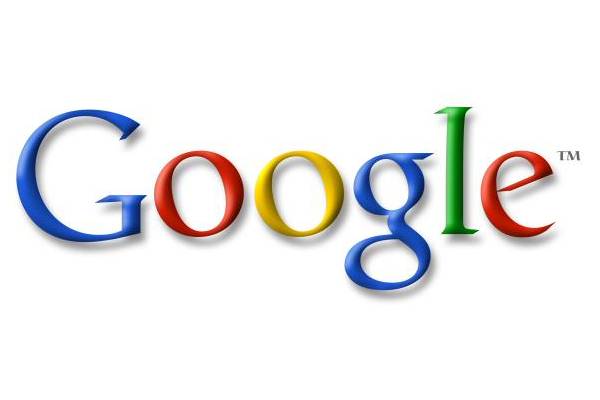For those Google users who don’t know, Google is changing its policies. Any person with a Google account will be affected; there is no option to opt out. The change will be effective on March 1, 2012. Google has been trying to inform its users of this change by directing any log-in to a Gmail account to a page outlining the new policy.
Google explains that their new policy reflects their “desire to create a simple product experience that does what you need, when you want it to.”This “experience” includes tailoring the ads on Google to what you are interested in, based on what you search in the Google search engine. This can include videos that you watch on YouTube, articles you read, and websites you visit.Reading the new policy preview Google has made available reveals just how much the corporation knows about its users. Server logs record your IP address, which is given to computers based on location, your searches, specific device information and device events such as crashes. Google can even record your phone number.
The policy changes will combine the information about users across all of Google’s products, creating a comprehensive profile of every user with information from usage of Google, Google+, YouTube, Blogger, Calendar and others. It could potentially reveal personal information, such as medical conditions, racial and religious background or sexuality. Behind it all is a money making scheme. According to NPR’s Linton Weeks, the promise of ads directed to consumers will attract more companies to buy Google ad space, but at a cost to user privacy.
Before the March 1st changes, your personal Google search history can be cleared and not consolidated with information from other Google products. Even with this, there is no way to remain completely anonymous on the Internet when using Google because they will still collect your search data. According to Eva Galperin of the Electronic Frontier Foundation, Google saves the data it collects indefinitely. Although with web history tracking paused, Google does not use this information to tailor your ad experience. This data will only save with part of the computer’s IP address attached, but a large enough collection of it can be traced back to the computer.
Here are some steps that can be taken to help you keep your information private:
1: Delete your Google account. By completely distancing yourself from Google, you will have nothing to worry about.
2: Sign out of your Google account when you are not using it.
3. Clear your Google search history before March 1st. Also by pausing your history, Google will – but only partly – stop tracking you
4. Search using a different website, such as Yahoo! or Bing to thin out Google’s pool of data.
Still, many Google users will watch the changes go by, clicking past the new policies and missing important developments. You can do your part by reading policy changes when they come out and make adjustments to your electronic habits to protect your privacy.











